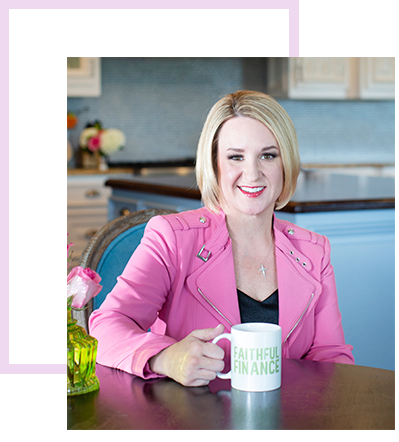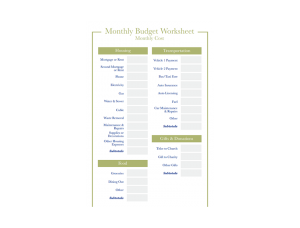
I really wish I could sit down with each and every one of you over a cup of coffee to learn about life. I would love to know your hopes, dreams, goals, and fears as it relates to your personal finances.
Although we can’t meet with you in person, I’m so glad we can walk through the steps of setting up a realistic budget together!




